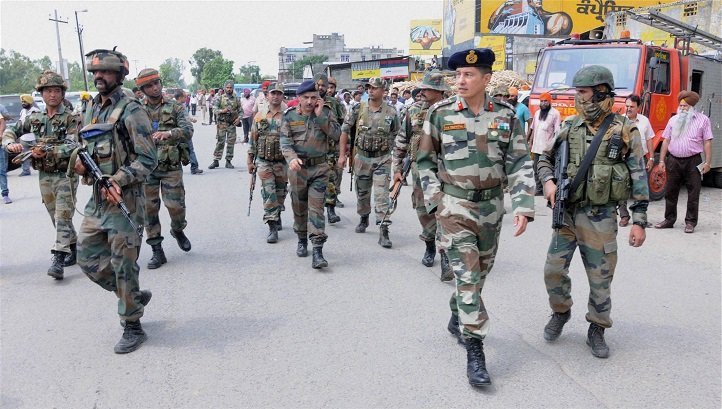In Turkey, Kurdish militants killed two Turkish soldiers in a roadside bombing on Sunday July 26, the military said, apparently retaliating for Ankara’s crackdown on the Kurdistan Workers Party (PKK) launched in tandem with strikes on Islamic State insurgents in Syria. Kurdish fighters in northern Syria accused the Turkish army of shelling their positions on Monday July 27, highlighting the precarious path Ankara is treading as it simultaneously battles Islamic State in Syria and Kurdish insurgents in Iraq. The animosity shared between Turkish soldiers and Kurdish militants is not expected to end with peaceful settlements.
In Nigeria, a blast set off by a female suicide bomber tore through a crowded market in the northeastern Nigerian city of Damaturu on Sunday, July 26, killing at least 15 people, a police spokesman said. No one has claimed responsibility for the explosion, but it is the latest in a series of attacks in the last few weeks that bear the hallmarks of militant Islamist group Boko Haram.

The morning in India too did not have a good start. The nation tightened security on the border with old enemy Pakistan on Monday July 27 after heavily armed men stormed a police station in Gurdaspur district of Punjab. Police overcame heavily armed men dressed in military fatigues on Monday after a 12-hour gun battle that left at least nine people dead at a police station in Punjab, close to the border with Pakistan.
The world has either forgotten the non violent methods of communicating with pen, paper and other recently invented technology or it is too impatient to listen to the opinion of the next person. What else would explain the reasons behind the five militant attacks in five different nations?

















